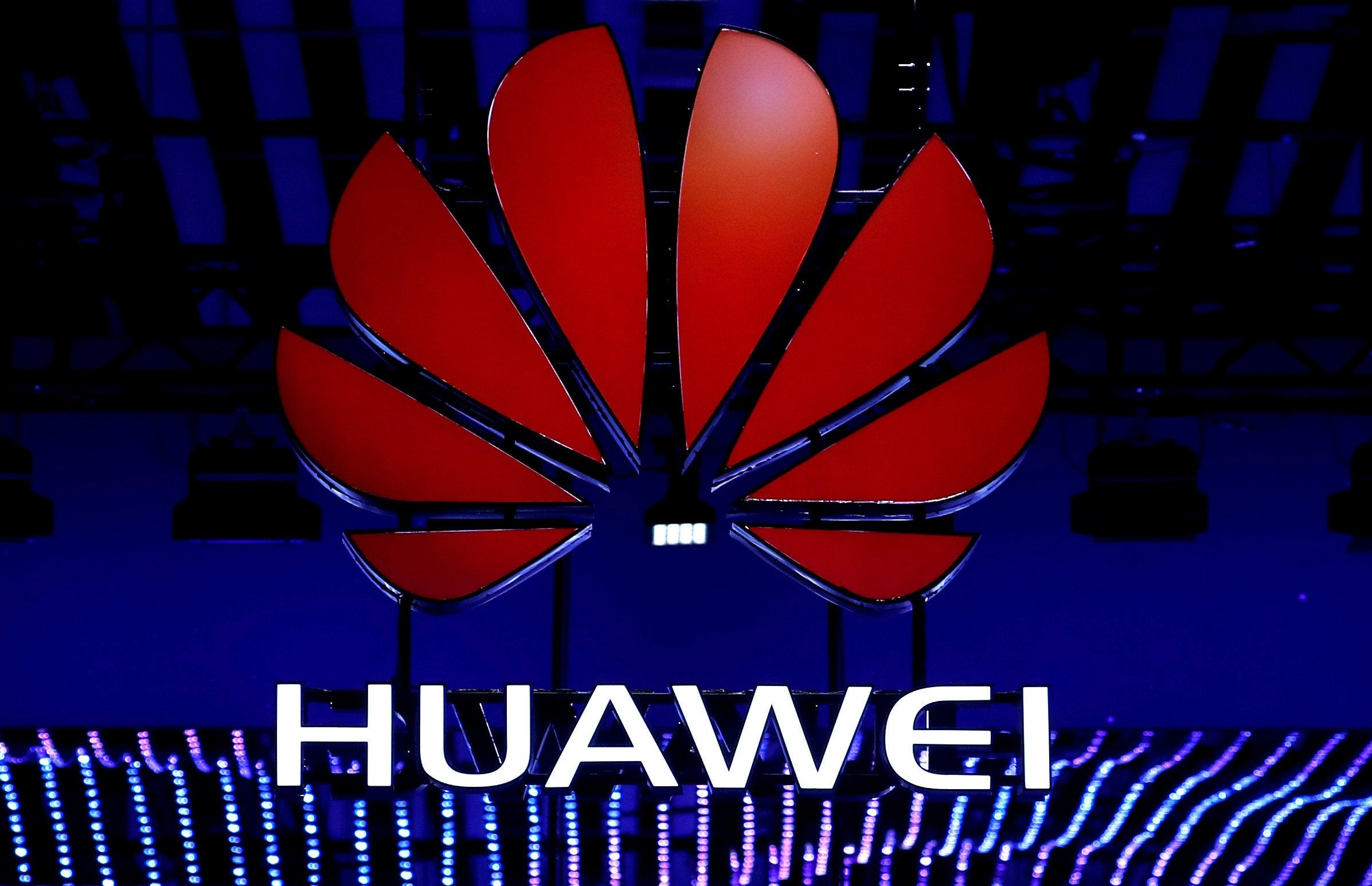The Huawei squeeze is tightening but does the Chinese champion really pose a risk as has been claimed?
Oxford University has said it won't accept future funding and Germany is looking to exclude the company from its 5G network, but consumers are still buying its smartphones

The Huawei squeeze is tightening.
The Chinese telecoms giant could scarcely have had a worse week. Germany is exploring ways of excluding the company from its 5G network over ‘security concerns’ while Oxford University has suspended donations and sponsorships.
When a western university that happily slurps at the trough of big oil turns down your money you know you’ve got problems.
We are told the move has been made as a result of worries about possible restrictions that the UK government may impose on the company.
BT, meanwhile, has already removed Huawei equipment from parts of its 4G network amid a purge across the West coinciding with US President Donald Trump’s trade war with China. Moves against the company have also been made in Australia and New Zealand. They’re generally quite sensible places, but they're susceptible to US influence all the same.
It’s fair to ask how much the concerns Huawei has sparked are genuine and how much they are being driven by its status as a Chinese economic champion.
They’ve largely been raised by spooks and unnamed sources and spooks and unnamed sources don’t, as a rule, share their evidence so that it can be tested.
Founder Ren Zhengei, a former People’s army officer, has, of course, argued that his company is an independent employee owned business. He’s said that he supports the Chinese Communist Party (because if didn’t he’d be in trouble) but has repeatedly insisted that Huawei’s motivations are benign and that it wouldn’t do anything to harm any other country. That includes a denial of any involvement in alleged stealing of trade secrets.
On there other hand, his attempts to ease fears that Huawei is an instrument of the Chinese state weren’t helped when in response to Canada’s arrest his daughter and finance director Meng Wanzhou, at the behest of the US, China re-sentenced a Canadian serving 15 years for drug smuggling to death and detained two other Canadian nationals.
Execution as a foreign policy weapon? The dispute between the countries, and Huawei’s place in it, certainly turned very ugly very quickly.
The truth of the matter is that Huawei may very well be both villain and victim, a proxy caught up in a wider conflict that could still pose a risk if it is allowed to extend its influence. Where you stand on this question depends as much on your politics and prejudices as anything else.
It’s worth pointing out that tech company spying is nothing new. US tech firms constantly spy on their customers, and probably upon each other too, and America’s tech champions have gone beyond posing a risk in some cases. Just look at the way Facebook’s platform was used to interfere with elections both at home and in the UK.
Then there were the stories about PR dirty tricks against its critics that subsequently emerged.
Now here’s a question: Would Oxford turn down future funding from the social network? Doubtful.
While this has been going on, consumers have been happily purchasing Huawei’s phones, which have earned rave reviews. It’s now the number two maker after Samsung.
They seem rather less perturbed about the company than their governments.
Everyone spies on them and they’ve become so used to it that the identity and/or the nationality of the company doing the spying doesn’t seem to matter so much.
Join our commenting forum
Join thought-provoking conversations, follow other Independent readers and see their replies
Comments
Bookmark popover
Removed from bookmarks